When you think about the best way to lose weight, the keto diet probably isn’t the first thing that comes to mind. But it should be! The ketogenic diet is a low-carbohydrate, high-fat diet that has been shown to be effective for weight loss. It also has a host of other health benefits. In this blog post, we will discuss what a keto diet is, which foods are keto-friendly, and the main benefits of following a ketogenic diet. We will also provide tips on how to start a keto diet!

Table of Contents
ToggleWhat Is A Keto Diet?
A keto diet is a low-carbohydrate, high-fat diet. The goal of a keto diet is to force your body into a state of ketosis, which is when your body burns fat for energy instead of glucose. To do this, you need to consume very few carbohydrates and a lot of fat. The typical ratio of macronutrients on a keto diet is 70% fat, 25% protein, and only 5% carbohydrates. This is a drastic change from the standard American diet, which is 50% carbohydrates, 30% fat, and 20% protein. This diet is also high in fiber and low in sugar. You should also try to get most of your fat from healthy sources like avocados, olive oil, and nuts.
Which Foods Are Keto?
If you’re following a keto diet, you need to be very mindful of the foods you are eating. All carbohydrates must be limited, including fruits, vegetables, grains, and dairy. The only carbs you should be getting are from non-starchy vegetables like leafy greens. When it comes to fat, you should focus on healthy fats like avocados, olive oil, and nuts. As for protein, moderate amounts of high-quality protein are allowed on a keto diet. This includes meat, fish, eggs, and poultry.
There are a lot of foods that you can eat on a keto diet. However, there are also some foods that you should avoid. You can learn more at DrBerg.com or check out some blogs to get a better idea of what to eat and what to avoid. Here is a list of keto-friendly and non-keto-friendly foods:
Keto Friendly Foods:
- Meat: beef, pork, lamb, chicken, etc.
- Fish: salmon, trout, tuna, etc.
- Eggs
- Nuts and seeds: almonds, walnuts, sunflower seeds, pumpkin seeds, etc.
- Oils: olive oil, coconut oil, avocado oil, etc.
- Low-carb vegetables: broccoli, cabbage, kale, spinach, etc.
- Full-fat dairy: milk, cheese, yogurt, etc.
Non-Keto Friendly Foods:
- Sugar: candy, cake, cookies, soda, fruit juice, honey, agave nectar, etc.
- Starchy vegetables: potatoes, corn, peas, carrots, etc.
- Beans and legumes: lentils, black beans, kidney beans, chickpeas, etc.
- Fruit: apples, bananas, oranges, grapes, etc.
- Grains: wheat bread, rice cereal oats quinoa pasta barley granola, etc.
The Main Benefits Of Keto
There are many benefits of following a keto diet, including weight loss, improved mental clarity, decreased inflammation, and more. Let’s discuss some of the main advantages in more detail.
Weight Loss: One of the most common reasons people start a keto diet is for weight loss. And it’s no wonder! The keto diet has been shown to be an effective way to lose weight. In one study, obese adults who followed a ketogenic diet lost more weight than those who followed a low-fat diet.
Mental Clarity: Another benefit of the keto diet is improved mental clarity. This is because the keto diet helps to improve your body’s use of ketone bodies, which are a type of energy that the brain can use. One study found that participants who followed a ketogenic diet had improved mental clarity and cognitive function.
Decreased Inflammation: The keto diet can also help to decrease inflammation. This is because the keto diet helps to decrease levels of pro-inflammatory cytokines. Cytokines are a type of protein that helps to regulate the immune system.
How To Start A Keto Diet
If you’re interested in starting a keto diet, there are a few things you need to do first. Here are some tips:
- Talk to your doctor: Before starting any new diet, it’s always a good idea to talk to your doctor. This is especially important if you have any medical conditions or take medications.
- Calculate your macros: In order to follow a keto diet, you need to know how many grams of fat, protein, and carbohydrates you should be eating each day. You can use an online calculator to help with this.
- Choose the right foods: As we mentioned before, there are certain foods that you should eat (and avoid) on a keto diet. Make sure you stock up on keto-friendly foods so you can easily stick to your diet.
- Get enough sleep: Sleep is essential for overall health and well-being. It’s also important for weight loss. Studies show that people who get enough sleep are more successful at losing weight.
- Exercise: Exercise is also important for weight loss and overall health. However, it’s not necessary to exercise in order to lose weight on a keto diet.

There you have it! That’s everything you need to know about the keto diet. If you’re thinking about starting a keto diet, talk to your doctor first and then follow the tips above. We hope that this article was helpful!








